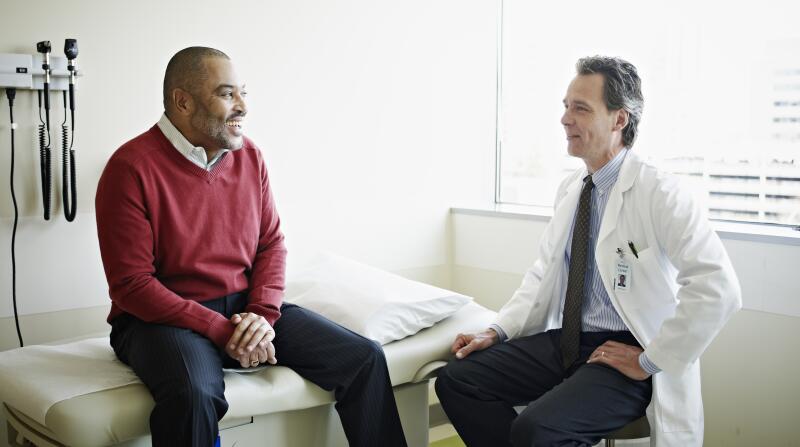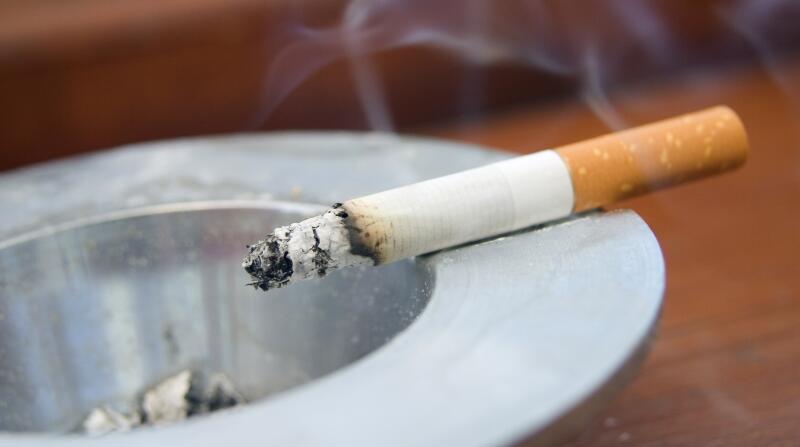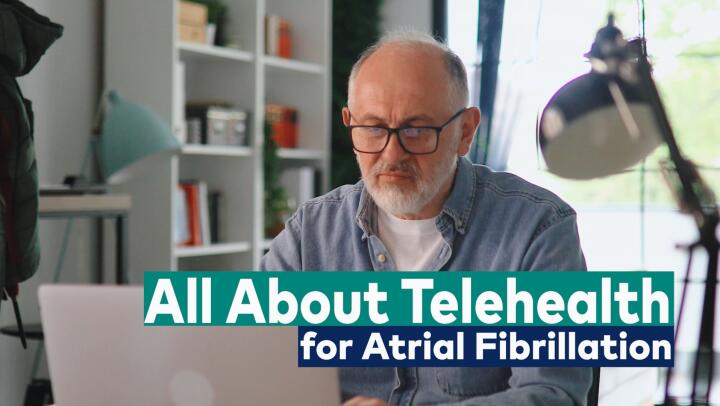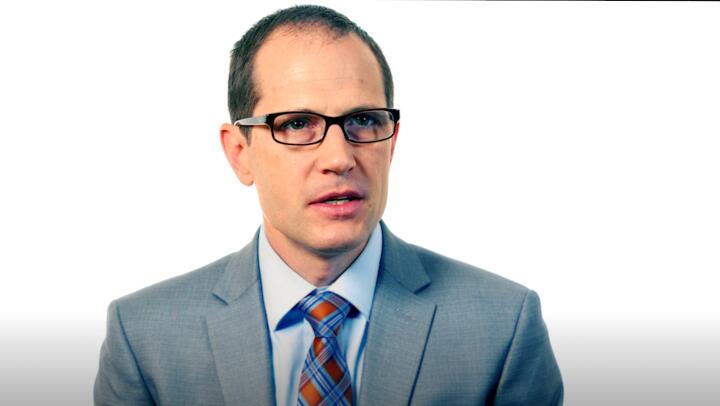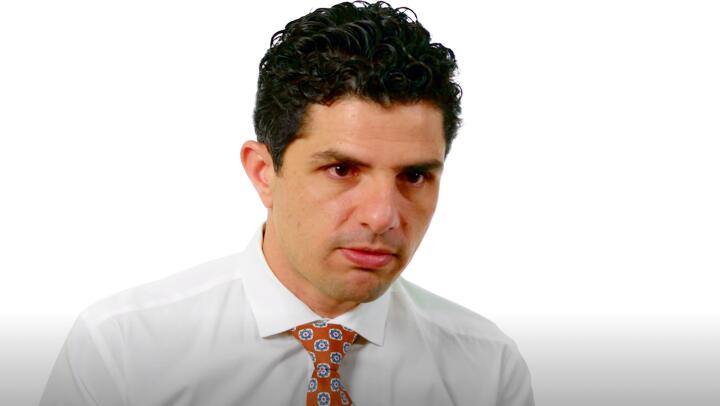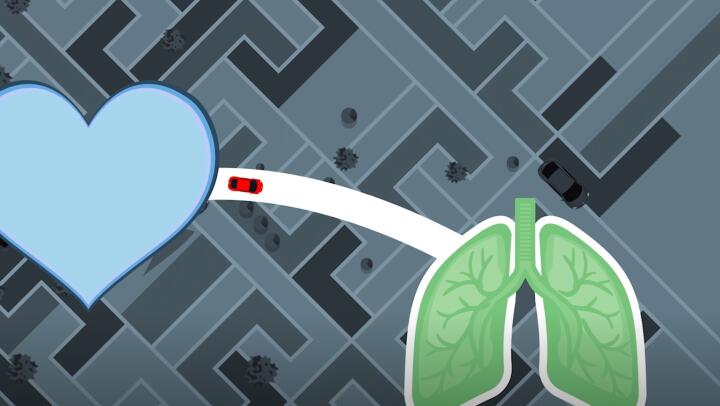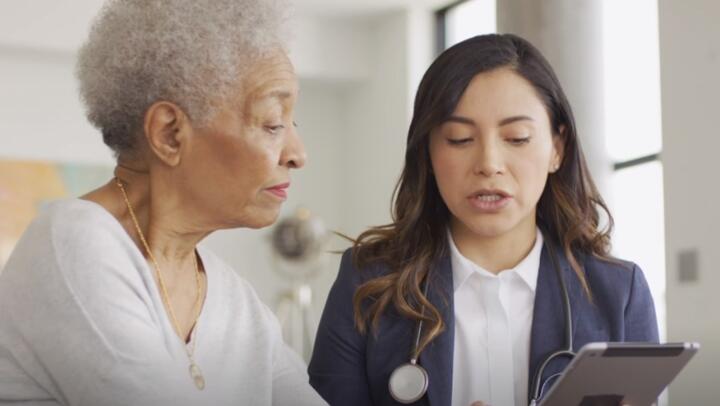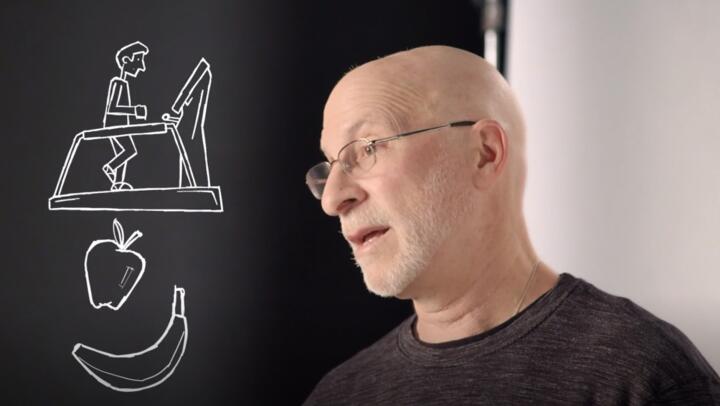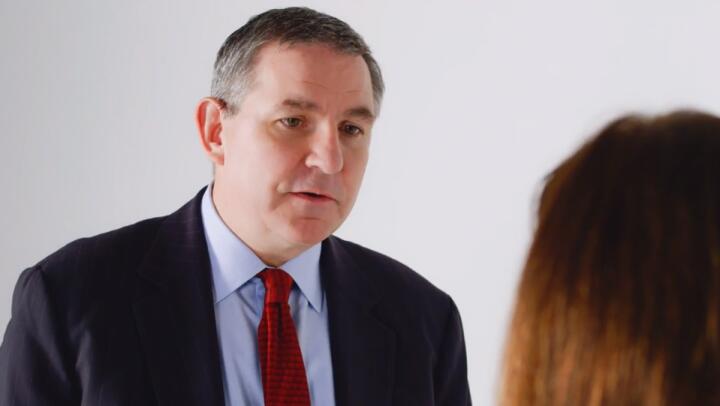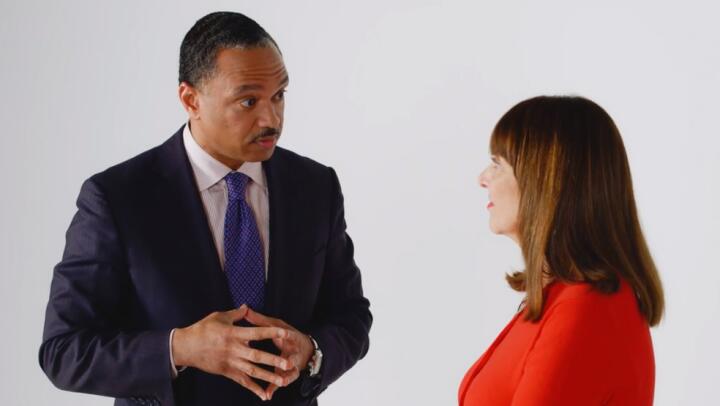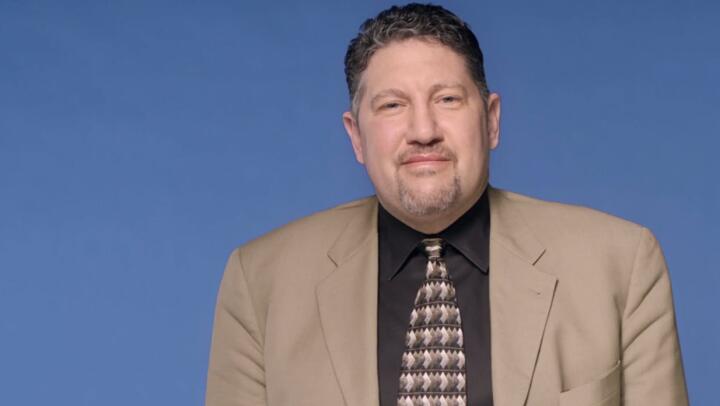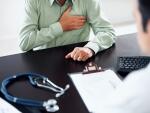11 Things Doctors Want You to Know About Heart Failure

Medically Reviewed By William C. Lloyd III, MD, FACS
Written By Kelli Miller on September 1, 2020
-
 Heart Failure Facts and Advice from Experienced CardiologistsMention the term "heart failure" and you might think it means your heart is kaput, that it suddenly stops working—or that maybe you've had a heart attack. Doctors say these thoughts are common, but untrue. What heart failure really means is your heart is weak and can't pump blood the way it should. Your heart tries to fix the problem by working harder. But this just makes you feel tired and short of breath. Every year, more than a half a million people are diagnosed with heart failure. We asked heart-smart doctors (cardiologists) what heart failure information they wish every patient knew about their treatment, care, and future health.
Heart Failure Facts and Advice from Experienced CardiologistsMention the term "heart failure" and you might think it means your heart is kaput, that it suddenly stops working—or that maybe you've had a heart attack. Doctors say these thoughts are common, but untrue. What heart failure really means is your heart is weak and can't pump blood the way it should. Your heart tries to fix the problem by working harder. But this just makes you feel tired and short of breath. Every year, more than a half a million people are diagnosed with heart failure. We asked heart-smart doctors (cardiologists) what heart failure information they wish every patient knew about their treatment, care, and future health. -
 1. "It can be improved and controlled."Heart failure is a chronic (long-term) condition, but it doesn't mean you stop living. "We can improve the health of almost every patient we meet, no matter the stage of heart failure," says Gina Lundberg, MD, clinical director of the Emory Women's Heart Center in Atlanta. "That doesn't mean you will be off drugs and walking around normally again, but with proper diet and medicine, you can control symptoms well enough to have a highly functional, fairly normal life."
1. "It can be improved and controlled."Heart failure is a chronic (long-term) condition, but it doesn't mean you stop living. "We can improve the health of almost every patient we meet, no matter the stage of heart failure," says Gina Lundberg, MD, clinical director of the Emory Women's Heart Center in Atlanta. "That doesn't mean you will be off drugs and walking around normally again, but with proper diet and medicine, you can control symptoms well enough to have a highly functional, fairly normal life." -
-
 2. "Pass on the salt."It's a heart failure fact: salty foods are typically a no-no for anyone with heart disease. Too much salt (sodium) makes your body retain fluid. Your weakened heart has to work even harder to push this extra fluid around. It seeps into your lungs, making it hard to breath. Your legs swell, making it painful to walk. The American Heart Association recommends less than 2,000 milligrams of sodium a day for people with heart failure. "It can be quite a challenge to keep this goal," says Shaline Rao, MD, of the New York University School of Medicine. "To achieve it, most patients or caregivers will need to toss their salt shakers and enhance their foods with non-salt based spices and seasonings."
2. "Pass on the salt."It's a heart failure fact: salty foods are typically a no-no for anyone with heart disease. Too much salt (sodium) makes your body retain fluid. Your weakened heart has to work even harder to push this extra fluid around. It seeps into your lungs, making it hard to breath. Your legs swell, making it painful to walk. The American Heart Association recommends less than 2,000 milligrams of sodium a day for people with heart failure. "It can be quite a challenge to keep this goal," says Shaline Rao, MD, of the New York University School of Medicine. "To achieve it, most patients or caregivers will need to toss their salt shakers and enhance their foods with non-salt based spices and seasonings." -
 3. "Don't listen to the media on how much water to drink."You often hear that drinking eight glasses—or two liters—of water a day is the key to a healthy body. But you need to be careful about heart failure information you get from the media and other non-medical sources. "Patients with heart failure do not need to drink that much," says Rao. "I find patients are often feeling pressure to drink that much each day because it is touted as healthy." The body responds to fluid differently when you have heart failure. Too much water can make your symptoms worse. Ask your doctor how much fluid to take in—and that includes water content in foods, too. Doctors also recommend cutting back on or avoiding alcoholic drinks because those also affect your heart.
3. "Don't listen to the media on how much water to drink."You often hear that drinking eight glasses—or two liters—of water a day is the key to a healthy body. But you need to be careful about heart failure information you get from the media and other non-medical sources. "Patients with heart failure do not need to drink that much," says Rao. "I find patients are often feeling pressure to drink that much each day because it is touted as healthy." The body responds to fluid differently when you have heart failure. Too much water can make your symptoms worse. Ask your doctor how much fluid to take in—and that includes water content in foods, too. Doctors also recommend cutting back on or avoiding alcoholic drinks because those also affect your heart. -
 4. "Weigh yourself naked every morning."A sudden change in your weight can be a red flag your heart failure is getting worse. "It's really important to weigh yourself every morning, first thing, without clothing and always at the same time so we compare today to yesterday," says Lundberg. If you've gained more than three pounds in a day or five pounds in one week, call your doctor right away. Adjustments to your treatment could prevent a hospital stay. "It's so much better to treat fluid buildup when it's small," Lundberg adds. "If you wait, your kidneys can shut down and you'll need dialysis…and that's bad for the heart, too."
4. "Weigh yourself naked every morning."A sudden change in your weight can be a red flag your heart failure is getting worse. "It's really important to weigh yourself every morning, first thing, without clothing and always at the same time so we compare today to yesterday," says Lundberg. If you've gained more than three pounds in a day or five pounds in one week, call your doctor right away. Adjustments to your treatment could prevent a hospital stay. "It's so much better to treat fluid buildup when it's small," Lundberg adds. "If you wait, your kidneys can shut down and you'll need dialysis…and that's bad for the heart, too." -
 5. "Bring back your diary.""When we think of diaries, we have visions of young girls writing before bedtime," says Rao. "But for patients and caregivers dealing with heart failure, diaries are an important element of self-care." Use an old-fashioned journal or an electronic diary on your mobile device to track your daily weight, diet, and symptoms. "I encourage my patients to bring the diary with them to visits so we can work together to make sure their treatment really suits their lifestyle and medical needs."
5. "Bring back your diary.""When we think of diaries, we have visions of young girls writing before bedtime," says Rao. "But for patients and caregivers dealing with heart failure, diaries are an important element of self-care." Use an old-fashioned journal or an electronic diary on your mobile device to track your daily weight, diet, and symptoms. "I encourage my patients to bring the diary with them to visits so we can work together to make sure their treatment really suits their lifestyle and medical needs." -
-
 6. "Say no to cigarettes."Smoking is always unhealthy, but it's especially bad for the heart. "There are many toxins in cigarettes that impact heart function and cause heart failure to get worse," says Rao. "Smoking impacts your lungs and blood vessels, making it harder for your body to remain strong in the face of heart disease." If you smoke, quit. Doing so can improve your heart failure symptoms.
6. "Say no to cigarettes."Smoking is always unhealthy, but it's especially bad for the heart. "There are many toxins in cigarettes that impact heart function and cause heart failure to get worse," says Rao. "Smoking impacts your lungs and blood vessels, making it harder for your body to remain strong in the face of heart disease." If you smoke, quit. Doing so can improve your heart failure symptoms. -
 7. "Use common sense when it comes to exercise."Having heart failure isn't a reason to become a couch potato. Studies show physical activity keeps patients doing well longer. So move it—but don't overdo it. "We see two kinds of patients," says Lundberg. "The underdoer who says I've got heart failure and doesn't do anything and the overdoer who decides to do laundry and vacuum and go grocery shopping and by the next day she is exhausted." The key is to gently increase activity. You might huff and puff the first time you take a walk, but don't be discouraged. "When you slowly build up, you could get to walking 2 to 3 miles a day," Lundberg adds.
7. "Use common sense when it comes to exercise."Having heart failure isn't a reason to become a couch potato. Studies show physical activity keeps patients doing well longer. So move it—but don't overdo it. "We see two kinds of patients," says Lundberg. "The underdoer who says I've got heart failure and doesn't do anything and the overdoer who decides to do laundry and vacuum and go grocery shopping and by the next day she is exhausted." The key is to gently increase activity. You might huff and puff the first time you take a walk, but don't be discouraged. "When you slowly build up, you could get to walking 2 to 3 miles a day," Lundberg adds. -
 8. "Medicare pays for cardiac rehab.""Most insurance plans, including Medicare, now pay for cardiac rehabilitation," Lundberg says. This is a monitored program where nurses and doctors oversee you on different pieces of workout equipment, like a bike or rowing machine or even hand weights. Research shows people with heart failure who participate in this type of structured exercise training have big improvements in their symptoms, mood, and quality of life. "Most people have a cardiac rehab center within 15 minutes of their house."
8. "Medicare pays for cardiac rehab.""Most insurance plans, including Medicare, now pay for cardiac rehabilitation," Lundberg says. This is a monitored program where nurses and doctors oversee you on different pieces of workout equipment, like a bike or rowing machine or even hand weights. Research shows people with heart failure who participate in this type of structured exercise training have big improvements in their symptoms, mood, and quality of life. "Most people have a cardiac rehab center within 15 minutes of their house." -
 9. "Get your flu and pneumonia shots.""When you have heart failure, you become far more vulnerable than the average person to infections, especially common ones like the flu and pneumonia," says Rao. "Pneumonia is one of the leading causes of death in patients with this disease." Cardiologists recommend heart failure patients and their caregivers get a yearly flu shot, early in the season. A one-time pneumonia vaccine is also encouraged for the patient.
9. "Get your flu and pneumonia shots.""When you have heart failure, you become far more vulnerable than the average person to infections, especially common ones like the flu and pneumonia," says Rao. "Pneumonia is one of the leading causes of death in patients with this disease." Cardiologists recommend heart failure patients and their caregivers get a yearly flu shot, early in the season. A one-time pneumonia vaccine is also encouraged for the patient. -
 10. "Don't be overwhelmed by your meds."It's not uncommon for heart failure patients to be on many medicines at one time. You may take water pills (diuretics) to reduce swelling, blood pressure meds, and drugs to replenish heart-healthy nutrients like potassium. "Medications can be overwhelming," says Rao. "But taking your medications is vital. They not only help you feel better, their long-acting effects can really stabilize the disease, reduce hospital stays, and ultimately save lives." Pill boxes and smartphone reminder apps can help you keep track of your meds.
10. "Don't be overwhelmed by your meds."It's not uncommon for heart failure patients to be on many medicines at one time. You may take water pills (diuretics) to reduce swelling, blood pressure meds, and drugs to replenish heart-healthy nutrients like potassium. "Medications can be overwhelming," says Rao. "But taking your medications is vital. They not only help you feel better, their long-acting effects can really stabilize the disease, reduce hospital stays, and ultimately save lives." Pill boxes and smartphone reminder apps can help you keep track of your meds. -
 11. "Have a plan for when to call your doctor."Know which symptoms should prompt a phone call or visit to your doctor's office. Common symptoms that warrant your doctor's attention are dizziness, trouble breathing, or changes in swelling or urination. Make sure your home is well stocked with supplies you need to keep tabs on your symptoms, such as a reliable scale and blood pressure cuff. "Being informed will help you manage yourself better and keep you safe," Rao says.
11. "Have a plan for when to call your doctor."Know which symptoms should prompt a phone call or visit to your doctor's office. Common symptoms that warrant your doctor's attention are dizziness, trouble breathing, or changes in swelling or urination. Make sure your home is well stocked with supplies you need to keep tabs on your symptoms, such as a reliable scale and blood pressure cuff. "Being informed will help you manage yourself better and keep you safe," Rao says.
Heart Failure Information | 11 Things Doctors Want You to Know

